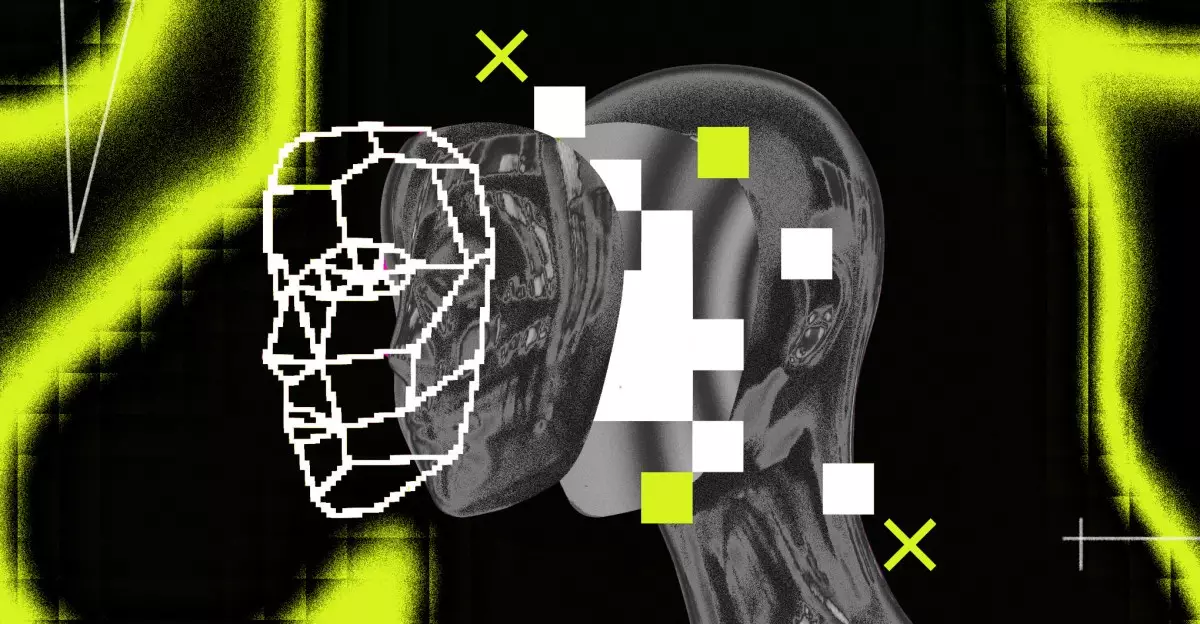In an era marred by the incessant circulation of non-consensual intimate imagery, legislation such as the Take It Down Act emerges as a double-edged sword. Designed to curb the distribution of non-consensual intimate imagery (NCII)—commonly referred to as revenge porn, and now extending to the danger of AI-generated content—the bill sponsored by bipartisan senators Amy Klobuchar and Ted Cruz has garnered significant legislative momentum. Nevertheless, beneath its noble intentions lurks a perilous potential: the empowerment of political figures, specifically former President Donald Trump, to wield this law as a weapon against adversaries and dissenters, transforming it into a tool of political retribution.
The urgency of passing such a bill stems from an undeniable crisis on the internet—NCII has been wreaking havoc on lives, often irrevocably damaging personal and professional reputations. The emotional toll inflicted by this digital scourge necessitates action. However, as policymakers rush to implement solutions, one must question the implications of giving disproportionately broad powers to any administration, particularly one as contentious as Trump’s.
A Tool for Targeted Suppression
The Take It Down Act establishes strict penalties for those who share NCII, mandating that platforms remove such content within a mere 48 hours upon report or face penalties. On the surface, this may seem like a crucial move towards justice for victims, yet the ramifications of such a law could enable a culture of censorship where subjective bias dictates enforcement.
Critically, writers and scholars, like Adi Robertson, have raised alarm bells regarding the potential for this act to be misused to silence political opponents. With Trump known for a tendency to curate narratives favorable to him while aggressively attacking dissenting voices, one must consider whether the bill stands as a genuine effort to protect victims or simply serves as a mechanism for oppression. The chilling reality is that the Take It Down Act may grant Trump an unbridled capacity to wield legal authority—selectively targeting individuals whose speech he finds unfavorable while exempting allies and supporters.
To compound the issue, the social media landscape is rife with platforms that harbor deepfake content and NCII. Recent allegations that Trump has become intertwined with figures like Elon Musk—who has significant control over social media avenues that could facilitate or hinder NCII proliferation—bring into question the motivations that may underlie the enforcement of this bill.
The Precarious Nature of Policy Enforcement
The fight against NCII and deepfakes is noble, but the very essence of law enforcement in a diverse society relies on the premise that laws apply uniformly. Trump’s track record reveals a tendency toward selective enforcement, a practice that undermines the entire legal framework. Selective application is a precursor to tyranny, where laws mutate into weapons of oppression rather than instruments of justice.
This raises a profound ethical concern: Who will hold those in power accountable when they misuse such legislative tools? The importance of impartiality in law cannot be underestimated, especially as technology evolves, allowing for increasingly sophisticated forms of harassment. With AI capabilities growing exponentially, it is critical that laws evolve to protect citizens, but this must occur within a framework that ensures fairness and transparent governance.
Legal systems thrive on consistency and reliability. Once the equal application of law is compromised, all bets are off. In a world where authority figures can choose whom to punish and whom to protect, the concept of justice becomes warped, leaving vulnerable citizens at the mercy of those in power. Therefore, the Take It Down Act needs to be scrutinized through a lens of potential abuse.
The Erosion of Trust
The public’s trust in institutions falters when laws are manipulated. Voices that are lost or silenced under the guise of protection could lead to a culture of fear. Imagine a scenario where activists, whistleblowers, or critics of the administration find themselves ensnared by a law intended to combat actual abuse. In this tangled web, the distinction between protection and oppression blurs, resulting in a detrimental atmosphere for free expression.
The debate surrounding the Take It Down Act transcends statutory language; it begs the question of whether the legislation is crafted with the intent to protect the fragile fabric of societal discourse or merely to fortify an authoritarian grip around dissent. As such, the act, while noble in its origin, must be approached with rigorous scrutiny, lest it become a weapon against the very principles it seeks to defend.
Discussions about the implications of the Take It Down Act must not disappear into bureaucratic obscurity. Instead, they should fuel dialogues about the ethical ramifications of any legislation designed to address emerging threats in our digital civilization, serving as a potent reminder that in the battle against online abuse, the actions taken are as critical as their intentions.

